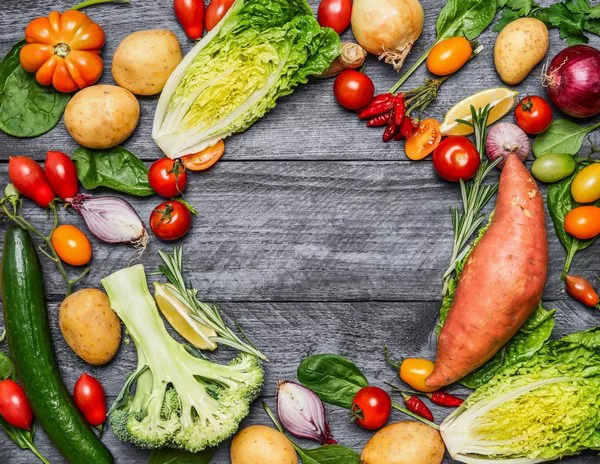Protein is a vital macronutrient that plays a fundamental role in maintaining and repairing various tissues in our bodies. Whether you are an athlete, a fitness enthusiast, or simply someone conscious about their health, understanding how much protein you should consume daily is essential. This article explores the significance of protein, the benefits it offers, factors influencing protein needs, and the recommended daily intake to help you make informed decisions about your dietary choices.
1. The Importance of Protein
Proteins are the building blocks of life. They are composed of amino acids, which are essential for the growth, repair, and maintenance of muscles, skin, hair, nails, enzymes, and hormones. Protein also contributes to a robust immune system and aids in transporting nutrients and oxygen throughout the body. Including an adequate amount of protein in your diet is crucial to support these vital functions and promote overall health.
2. Benefits of Consuming Sufficient Protein
Muscle Growth and Repair
For individuals engaged in regular physical activity, such as strength training or endurance exercises, protein plays a crucial role in muscle growth and repair. During exercise, muscle fibers undergo micro-tears that require protein to rebuild and strengthen, leading to enhanced muscle growth and improved exercise performance.
See Also: Will Your Muscles Grow Without Protein? Debunking the Myths
Weight Management
Protein has a satiating effect, which means it can help you feel fuller for longer periods. Including adequate protein in your meals can reduce overall food intake and curb unhealthy cravings, making it beneficial for weight management and weight loss goals.
Enhanced Recovery
Protein aids in post-workout recovery by promoting muscle repair and reducing muscle soreness. Consuming protein-rich foods or supplements after exercise can expedite recovery, allowing you to perform better in subsequent workouts.
3. Factors Influencing Protein Needs
Activity Level
Your activity level is a significant factor in determining your protein needs. Individuals who engage in moderate to intense physical activity, such as athletes and those with physically demanding jobs, may require more protein to support muscle repair and maintenance.
Age and Life Stage
Protein needs can vary with age and life stage. Children and adolescents undergoing growth spurts, pregnant and breastfeeding women, and older adults may have higher protein requirements to meet their specific physiological demands.
Health and Medical Conditions
Certain medical conditions, such as injuries, illnesses, or chronic diseases, can increase protein requirements. Medical conditions that affect protein absorption or utilization may necessitate adjustments in protein intake to ensure optimal health.
4. Recommended Daily Protein Intake
The recommended daily protein intake is influenced by individual factors, but general guidelines can be followed. The Dietary Reference Intake (DRI) suggests that adults should consume a minimum of 0.8 grams of protein per kilogram of body weight per day. However, for those engaged in regular physical activity, the protein intake may range from 1.2 to 2.2 grams per kilogram of body weight, depending on the intensity and frequency of exercise.
See Also: The Risks of Excessive Protein Intake: Things You Need to Know
5. Meeting Protein Needs through Dietary Sources
Animal-Based Proteins
Animal-based proteins are considered complete proteins as they contain all essential amino acids. They can be found in sources such as lean meats (chicken, turkey, beef), fish, eggs, and dairy products (milk, yogurt, cheese). These foods are not only rich in protein but also provide essential nutrients like iron, vitamin B12, and calcium.
Plant-Based Proteins
Plant-based proteins are abundant in various plant sources and can be an excellent option for vegans and vegetarians. Foods like legumes (beans, lentils, chickpeas), tofu, tempeh, nuts, seeds, and whole grains (quinoa, brown rice) are excellent sources of plant-based proteins. However, some plant-based proteins may lack certain essential amino acids, so it is essential to combine different plant sources to ensure a complete protein profile.
Conclusion
Protein is an indispensable component of a healthy diet, contributing to numerous essential functions in the body. From supporting muscle growth and recovery to promoting weight management and overall well-being, protein plays a vital role in maintaining optimal health. Determining your protein needs requires considering factors like activity level, age, and specific health conditions. By incorporating a balanced variety of protein-rich foods into your diet, you can meet your daily protein requirements and enjoy the benefits of a well-nourished body. As always, consulting with a registered dietitian or healthcare professional can provide personalized guidance to tailor your protein intake to your unique needs and goals.


